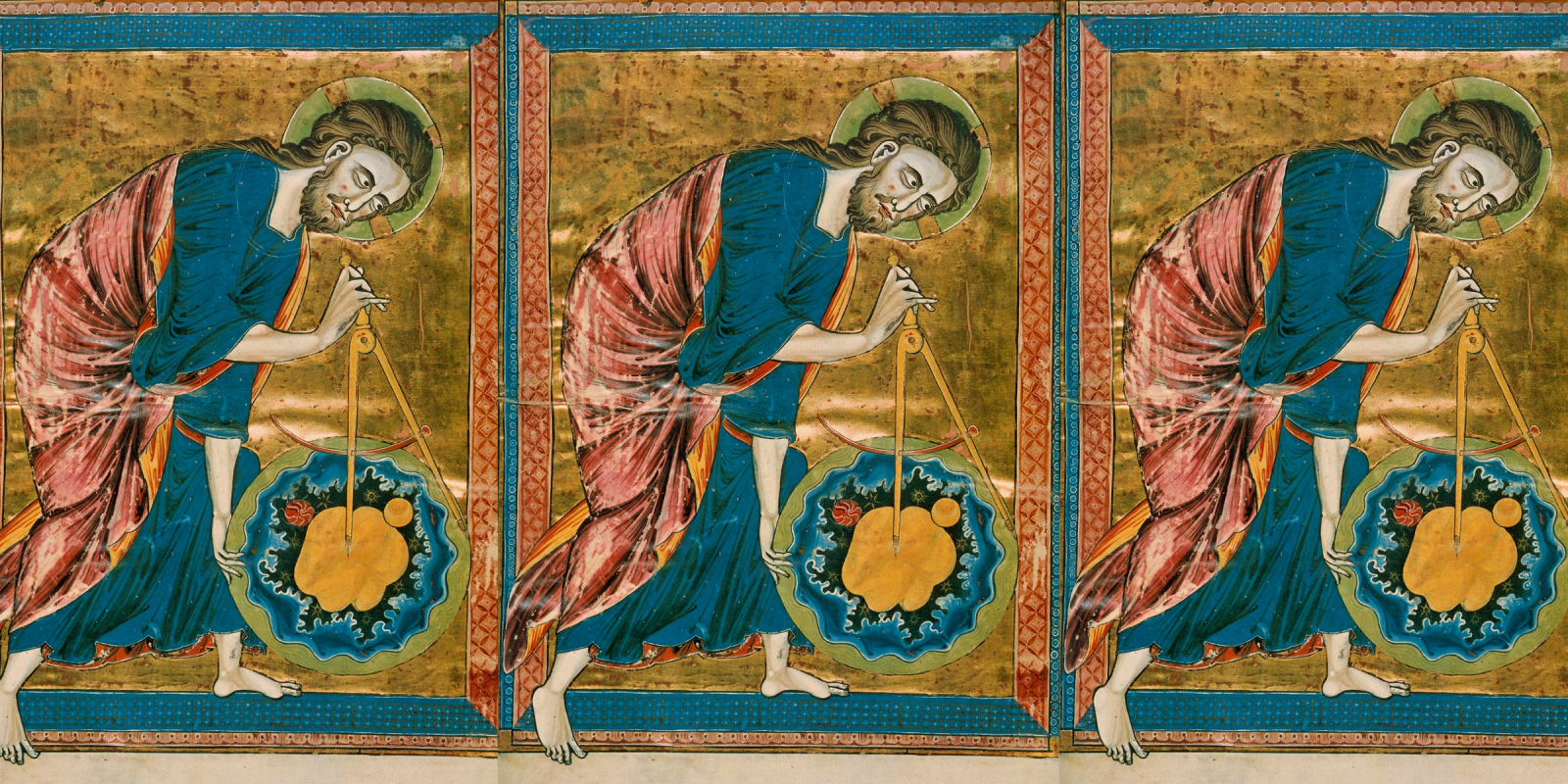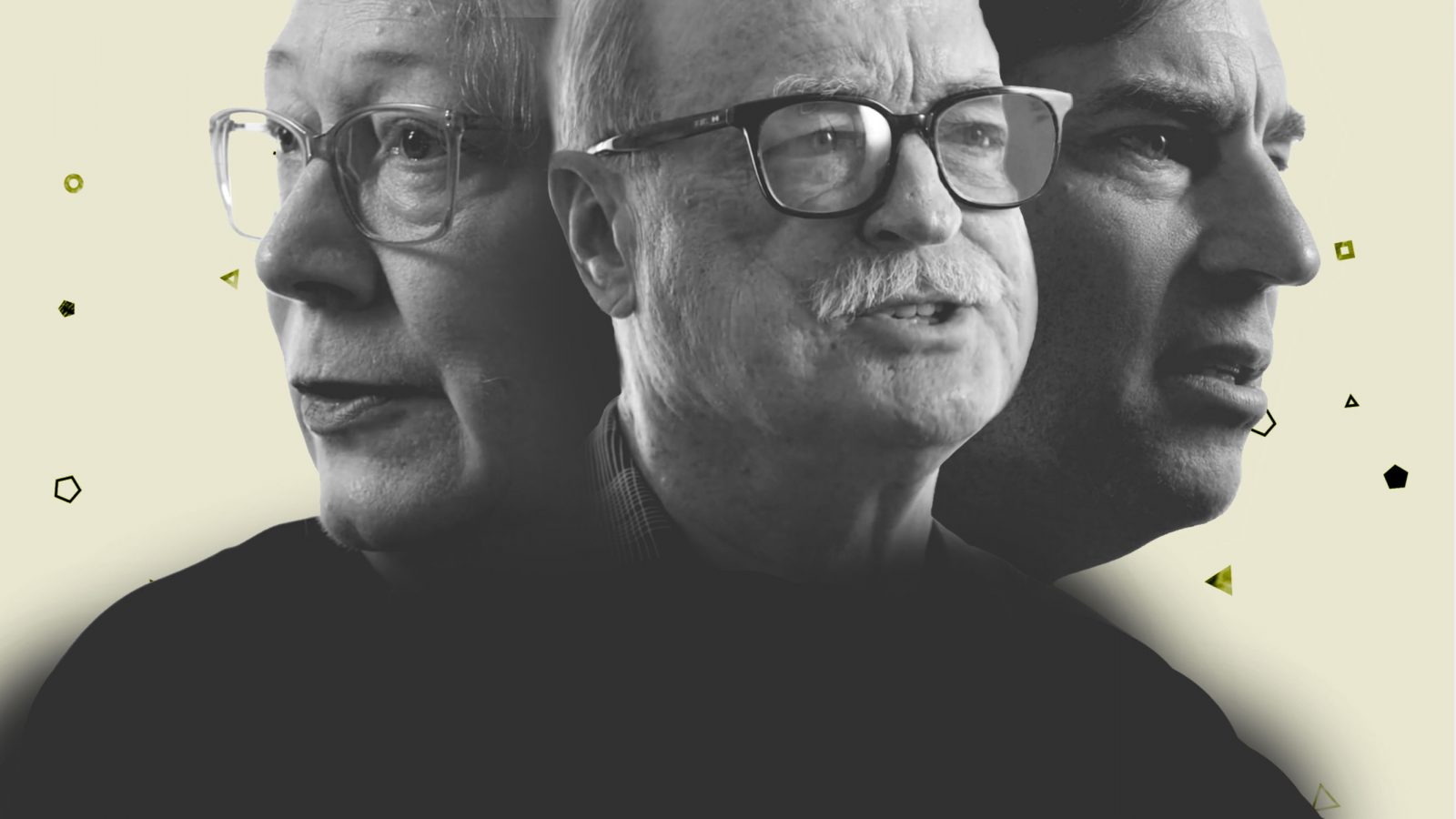


Design or Chance? Casey Luskin on The Andrew Klavan Show

How Faith Can Improve Rigor and Creativity in Scientific Research

William Dembski on Scientism, Science, and Christian Faith
On today’s ID the Future, philosopher William Dembski and host Casey Luskin explore the relationship between science and faith. What is science? What is faith? How does Christianity define faith? Dembski explains that faith in the Judeo-Christian tradition is not the opposite of reason; at the same time, faith possesses a relational component—trust in a just, gracious, and reasonable God—that goes beyond mere assent to propositions. As for science, Dembski describes it as a careful search for truths about the natural world, including truths about key elements such as the birth of our fine-tuned universe and the origin of living things. Dembski says that he is convinced that scientific discoveries, unshackled from atheistic blinders, point strongly to intelligent design as the best explanation for life and the universe, a conclusion friendly to theism. As Dembski also notes, science was invented by theists, most of them Christians. They were motivated to search out the rational underpinnings of a cosmos because they believed it was fashioned by a rational designer. The occasion for the conversation is the recent Harvest House anthology, The Comprehensive Guide to Science and Faith: Exploring the Ultimate Questions about Life and the Cosmos, which Dembski co-edited and contributed a pair of chapters to. Get your copy here.

Science and Faith: Stephen Meyer on the Marc Bernier Show
On today’s ID the Future, listen to host Marc Bernier ask Stephen Meyer perceptive and wide-ranging questions about everything from the possibility of extraterrestrials, to the role of intelligent design in medicine and education, to meaning and the reliability of the mind. The discussion also turns to Meyer’s bestselling new book, Return of the God Hypothesis, and the reconciliation of science and faith. At one point Bernier asks Meyer about the statement, “The heart cannot exalt what the mind rejects,” and in reply Meyer talks about his personal experience grappling with the relationship between science and faith, and tells about a warning he used to give college students in a class he taught. This interview originally appeared on The Marc Bernier Show and is reposted here with permission.

John West on Darwin’s Culturally Corrosive Idea, Pt. 2
On this episode of ID the Future, hear the second half of Discovery Institute’s John West’s talk given at the 2020 Dallas Conference on Science and Faith, on how Darwinism has corroded Western culture. In this portion he examines the morally poisoning effects of Darwinism on marriage, sexual ethics, and religion, such that virtually anything can be defended as OK, and no particular culture’s ethic is to be preferred over another. Humankind’s spiritual purpose has likewise been eroded. Yet West closes with hope: science in our generation is discovering more and more signs of intelligent design and purpose in nature, and young researchers are learning that materialism shouldn’t be the foregone conclusion of contemporary science.

Melissa Cain Travis Previews Reasons 2019: New Conversations on Science and Faith
On this episode of ID the Future, Emily Kurlinski speaks with author and professor Melissa Cain Travis about the path that led to her work in the field of science and faith, and the writing of her book Science and the Mind of the Maker: What the Conversation Between Faith and Science Reveals about God. It started for her at a conference ten years ago where she heard Dr. Michael Behe sharing on intelligent design. That led to studies and research on science and faith, and a commitment to communicating it understandably for lay persons. Early next month it comes full circle, as she’ll be sharing the program with Behe and others at the May 3-4 Discovery Institute conference “Reasons 2019: New Conversations on Science and Faith” in Houston (see discovery.org/events to register).

Ann Gauger Defends a New Anthology Critiquing Theistic Evolution
On this episode of ID the Future, biologist Ann Gauger responds to a negative review of the new Crossway anthology Theistic Evolution: A Scientific, Philosophical, and Theological Critique, arguing that parts of the review are confused and contradictory. For instance, Denis Lamoureux uses classic design language while denying design. He says design is all front-loaded so that random evolutionary processes can produce designed outcomes, thus changing the meaning of both “random” and “evolution.” He accuses ID of being theologically driven, apparently unaware that it’s theistic evolution that is theological. And he seeks to support faith through appreciation of the wonders of nature while insisting that appeals to evidence of design in nature somehow undermine faith.